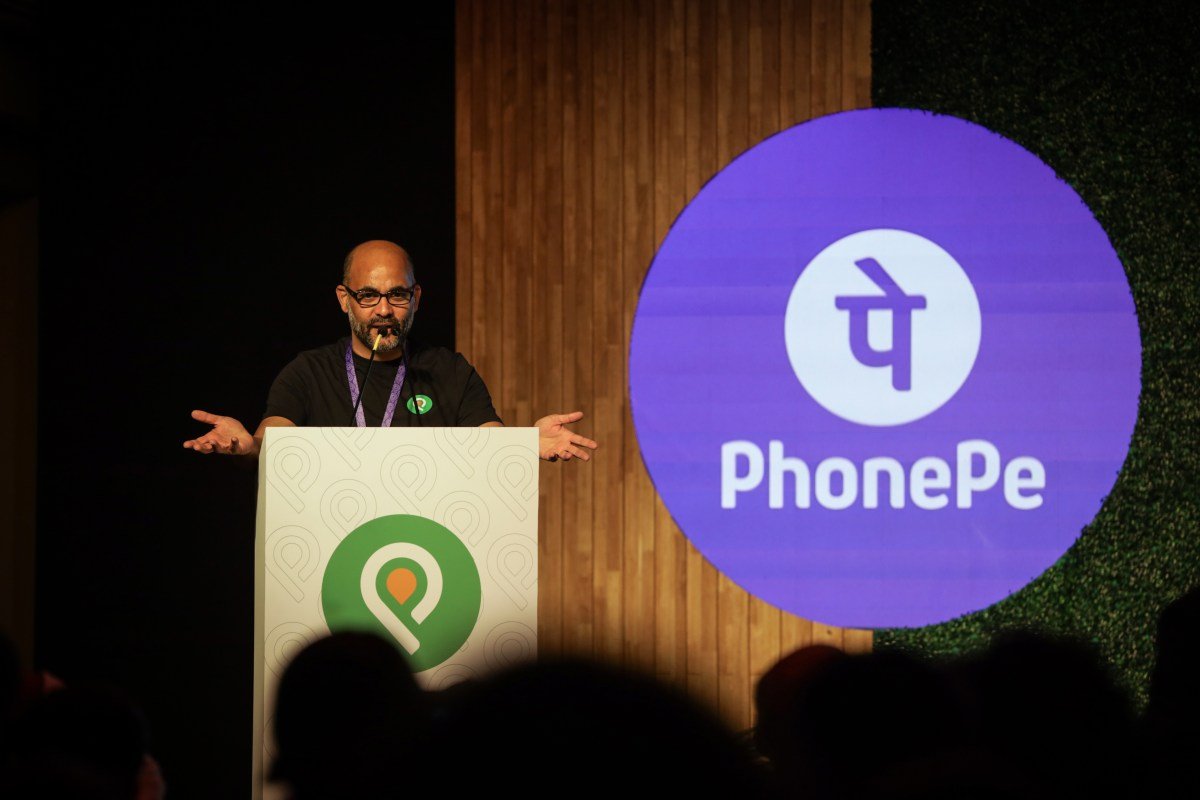PhonePe aims to become a dominant player in the Android app market of India, setting itself apart from Google Play with the promise of zero commission for in-app purchases. The company’s rise in the market is based on its acquisition of Indus OS in 2021, which provides the technology for PhonePe’s upcoming app store launch this week.
In this article, we will explore the challenges faced by PhonePe in its quest to establish an alternative app store in India, as well as the potential market opportunities for such a venture.
Developer Dispute with Google
The need for an alternative app store in India became more apparent in September of 2020, when Google temporarily removed India’s prominent fintech player Paytm from the Play Store for violating the platform’s policies. This action was taken due to Paytm’s promotion of its fantasy sports app, Paytm First, which violated Google’s rules against sports betting apps in India.
In response to this and other concerns, a coalition of Indian startups, including executives from companies such as MakeMyTrip, PolicyBazaar, RazorPay, and ShareChat, came together to explore the possibility of an alternative app store. Many startup executives have expressed frustration over Google’s high commission fees of 30% and pushed for a “Made in India” app store.
Google has made some changes to its policies in response to this dispute. In 2021, it reduced its commission to 15% for the first $1 million earned by a developer each year. In 2022, it introduced a user choice billing program, allowing limited apps to use other payment processors at a discounted rate of 4%. And in January of 2023, Google had to allow all apps to use alternative payment systems in response to a ruling by India’s anti-trust authority.
Google has defended its commission fees, stating that less than 60 developers in India actually pay more than 15% in fees. The company also claims to have the lowest rates compared to other major app stores.
But the dispute continues, with around 30 app makers recently sending a letter to Google asking to delay any app removals until their case is heard by the Supreme Court on March 19. While the court has refused to order Google to delist any apps, developers can still use Google’s billing system or integrate an alternative payment system through the user choice billing APIs by March 13.
The Numbers
India leads the world in app downloads, according to multiple analytics firms. However, it does not rank in the top 10 (or even top 20) countries for app spending.
In 2023, users in India spent $520 million on in-app purchases through the Play Store, a 25% increase from the previous year. The majority of this spending was on gaming apps, followed by social, entertainment, productivity, and dating apps. Sensor Tower reports that while Indian users download significantly more apps than those in the U.S., their spending is only 25% of what U.S. users spend.
In the Indian market, the Play Store has gradually claimed a larger share of in-app purchases, increasing from 56% in 2020 to 74% in 2023. This is significant, considering that Android dominates the Indian smartphone market with over 90% market share.
According to data from State of Mobile 2024, only a handful of apps, such as Disney+Hotstar and ShareChat, ranked as top-grossing in India on both the App Store and Play Store.
Opportunities and Challenges
With over 750 million smartphone users, India presents a massive distribution opportunity for app developers. In an interview last year, the CEO of Indus OS mentioned that the company had served over 200 million users, downloading a total of 2.5 billion apps over seven years.
As PhonePe prepares to launch its own app store, the company has promised to take no commission from developers at the beginning and charge no listing fee for the first year. It also boasts of an extensive user base on its website, promising to reach “millions” of users. But to achieve this level of scale, the Indus app store will need to focus on acquiring users and forming partnerships with phone manufacturers.
Creating and maintaining an alternative app store at a sustainable level is no easy feat. Paulo Trezentos, the founder of Aptoide, which launched in 2009, explains that an alternative app store must provide value to users. For example, Aptoide allows users to download older versions of apps that may be better suited for their devices.
The store takes a 25% cut when apps use Aptoide’s billing service and a 10% cut for apps that redirect to a website. Out of the 100,000 apps available on Aptoide, nearly 7,000 use the billing service. The company also partners with OEMs and carriers but operates at near-break-even by reinvesting any profits back into the company.
While Aptoide has experienced significant success, its top revenue sources are not countries like India, Brazil, and Indonesia, which consistently rank high for app downloads. Trezentos emphasizes the importance of focusing on ease of payments and providing value to users in these markets.
PhonePe rests its hopes on India’s potential to reach over a billion smartphone users by 2026. It also offers a launchpad for developers through its accelerator program, providing benefits such as increased visibility on the PhonePe store.
However, Google and Apple have steadfastly defended the security and privacy of their app distribution channels, even displaying warnings to users when they attempt to install apps from alternative sources.
In India, Google has faced its own struggles with fraudulent loan apps. Despite continuous improvements to its scanning mechanisms, many apps still slip through the cracks. PhonePe will need to prioritize security and establish strict processes to remove predatory loan apps. It must also convince users that its app store offers more value than the default Play Store to maintain a consistent user base.
If you are a developer considering publishing your app on alternative app stores, I would love to hear your thoughts at im@ivanmehta.com.








